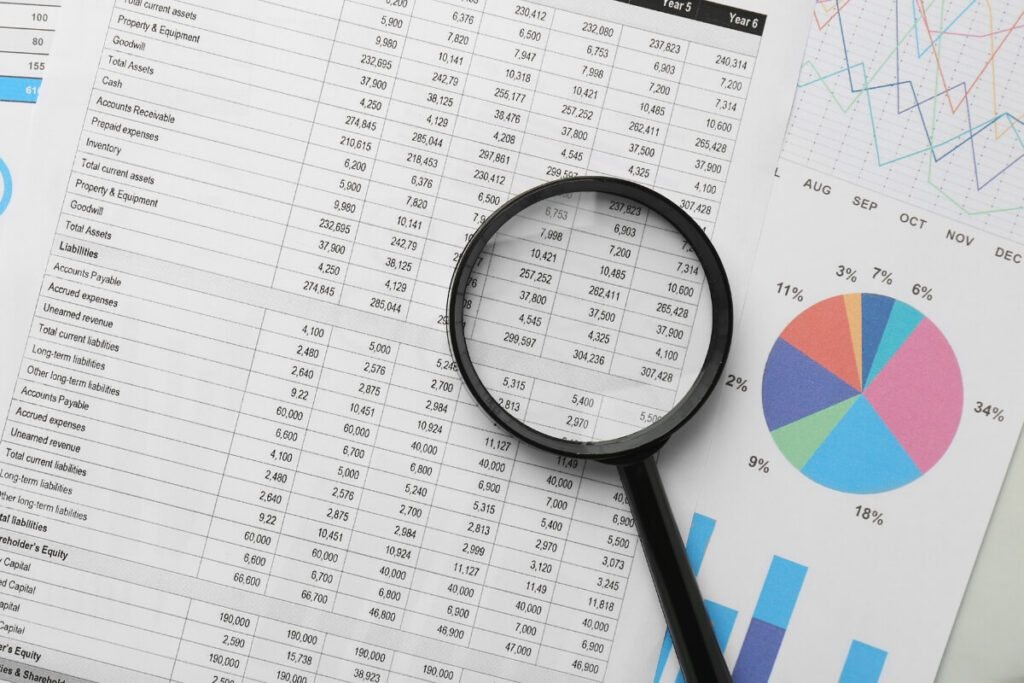
Understanding Japan’s corporate tax system is essential for any business operating or planning to operate in the country. With multiple layers of taxes and a range of rates that can directly influence your bottom line, navigating this landscape requires careful planning.
Let’s break down the key components of Japan’s tax system, including corporate tax rates, the Japan Consumption Tax (JCT), and tax brackets. Whether you’re a multinational or an SME, this overview will help you make informed decisions and optimize your tax strategy in Japan.
Contents:
- Japanese Corporate Tax Overview
- What is the corporate tax rate in Japan?
- Is Japan a high tax country?
- Types of Corporate Taxes in Japan and Their Various Rates
- Tax Planning for Corporations in Japan
- Maximize Your Japan Tax Strategy
Corporate Tax Overview in Japan
Japan’s corporate tax system can be intricate, with multiple layers that businesses need to be aware of. At the core, there’s the national corporation tax, which is applicable to most companies, but there’s also an added layer of local taxes—each with its specific rates and rules.
To give you some context, Japan’s corporate tax system has evolved significantly over the years. In recent times, the government has made efforts to reduce corporate tax rates to stay competitive on the global stage (they were as high as 52.4% in the mid 1990s). These changes impact both domestic and foreign companies operating in the country.
What is the corporate tax rate in Japan?
The standard national corporate tax rate in Japan currently stands at 23.2%, but with local taxes taken into account, it typically comes to around 30% in total. Businesses must also account for:
- Inhabitants Tax
- Enterprise Tax
- Japan Consumption Tax (JCT
The total of your corporate taxes can vary depending on factors like your company’s revenue and location.
Is Japan a high tax country?
If you’re used to lower rates elsewhere, Japan’s rates might seem on the higher side. For context, the average corporate tax rate worldwide hovers around 23%, making Japan’s rates relatively steep. However, these rates reflect the country’s effort to support its extensive social services and infrastructure.

Types of Corporate Taxes in Japan and Their Various Rates
Running a business in Japan means dealing with multiple layers of taxes beyond the corporate tax rate. Here’s a quick look at the key types of business taxes and how their rates work:
National Corporate Tax
The national corporate tax is the main tax most companies in Japan are responsible for. The current standard rate is 23.2%, and it applies to both domestic companies and foreign businesses earning income in Japan.
Inhabitants Tax
Inhabitants tax is a local tax, charged by both prefectures and municipalities. The rate varies depending on where your business is located and its size. This tax is added on top of the national corporate tax.
While it varies by location, the general breakdown is:
Prefectural Inhabitants Tax:
Typically set at 1% of the national corporate tax amount.
Municipal Inhabitants Tax:
Typically set between 6% and 10% of the national corporate tax amount, depending on the municipality.
Enterprise Tax
Enterprise tax is another local tax, and it’s based on your company’s taxable income. It’s progressive, so the more your business earns, the higher the rate—typically between 3.4% and 6.7%.
Here’s a general breakdown:
For taxable income up to 4 million yen:
The tax rate is 3.4%.
For taxable income between 4 million and 8 million yen:
The tax rate increases to 5.1%.
For taxable income over 8 million yen:
The tax rate is 6.7%.
Japan Consumption Tax (JCT)
Japan’s version of a value-added tax (VAT), the Japan Consumption Tax (JCT), is currently set at 10%. It applies to most goods and services, and businesses collect this tax from customers and then pass it on to the government. Managing JCT is essential for your pricing strategy and cash flow.
Special Tax Considerations for SMEs
If you’re a small or medium-sized enterprise (SME) with capital under 100 million yen, you get a tax break. The first 8 million yen of income is taxed at a lower rate of 15%, giving smaller businesses some breathing room. However, larger companies don’t qualify for this reduced rate.

Tax Planning for Corporations in Japan
Navigating Japan’s corporate taxes can be complex, but with smart tax planning, businesses can optimize their tax obligations. Here are some strategies to consider:
- Use Available Tax Credits: Japan offers various incentives, such as R&D tax credits, to encourage innovation. Make sure to explore these options and apply them to reduce your tax burden.
- Understand Regional Incentives: Certain regions in Japan provide corporate tax reductions or exemptions to attract businesses. Research these areas if you’re considering where to establish your operations.
- Compliance Is Key: Japan has strict compliance requirements. Failing to meet deadlines or underreporting taxes can lead to hefty fines and penalties. Staying on top of your tax obligations is crucial to avoid financial and reputational damage.
Maximize Your Tax Strategy in Japan with Expert Guidance
Understanding Japan’s corporate tax system is crucial, but successfully navigating it requires more than just knowing the rates. From managing national taxes to leveraging local incentives, a well-planned tax strategy can save your business significant time and resources.
At weConnect, we specialize in helping businesses like yours optimize their tax approach and ensure compliance with Japan’s ever-evolving tax regulations. Reach out to us today to see how we can support your growth and financial success in Japan.